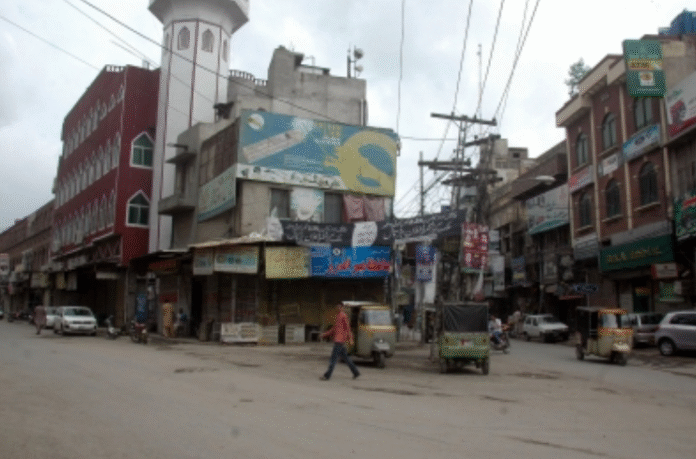New Delhi– A growing number of multinational corporations are exiting Pakistan as mounting corruption, militancy, and bureaucratic obstacles make it increasingly difficult to conduct business, according to a report published in the country’s leading daily, Dawn.
The exodus has sparked concern in Islamabad, especially as it comes despite Pakistan’s large population of over 240 million people — one of the world’s youngest demographics, theoretically offering immense consumer potential. The departures suggest that global investors see limited prospects for stable and sustainable growth in the South Asian nation.
Companies such as Procter & Gamble, Shell, Microsoft, Uber, Yamaha, and Pfizer have all scaled back or ceased operations in Pakistan. Procter & Gamble recently announced plans to wind down local manufacturing and shift to third-party distributors, while Shell is exiting retail fuel as part of its global pivot to LNG.
Leading financial analyst and commentator Yousuf Nazar said these developments reflect deeper economic concerns including high inflation, chronic currency devaluation, policy inconsistency, and deteriorating security conditions. “These exits represent a vote of no confidence in Pakistan’s business climate,” Nazar noted.
According to Dawn, the trend is also being driven by delayed price approvals in sectors like pharmaceuticals, high taxation, weak enforcement of intellectual property laws, and competition from local companies. For many foreign firms, Pakistan’s regulatory unpredictability and rising operational risks have outweighed its market size advantage.
Analysts add that while some multinationals are relocating to regional hubs such as Dubai or Singapore to optimize costs and scale, the pattern still underscores broader structural weaknesses in Pakistan’s investment environment.
Some policymakers argue that the situation also involves ownership transitions rather than full corporate flight, pointing to new investments by Saudi Aramco, Gunvor Group, and Barrick Gold — the latter committing $9 billion to mining projects.
However, the overall picture remains troubling. With industrial decline, capital flight, and a growing exodus of skilled workers, Pakistan faces an uphill battle to restore investor confidence. Nazar emphasized that reversing the trend will require tackling entrenched corruption, ensuring regulatory transparency, and improving security conditions to create a more predictable environment for global business. (Source: IANS)














